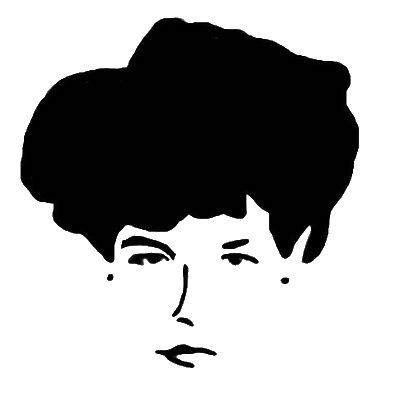The town suffered from frequent bouts of collective amnesia. They loved daughters! They cried for justice. They were a lonely and suspicious lot. Their lives and deaths allowed rare acts of public zest and relish. They sent a few brave souls to ransack Mary’s home.
Mary lived alone. It was known she collected bones: a girl’s clavicle dip, the tiny skeletons of mice, of snakes, of rabbits. It was not known that girls and animals alike would sometimes pawn their bones for her pills or her affection. Perhaps, this is what truly frightened the townspeople: the gaping holes in their daughter’s cheeks and torsos, where they’d peeled the skin back to extract a jaw, a rib, a molar.
The villagers lost sleep over this. At dusk they watched their daughters fade into the forest. They bolted doors and shutters. The daughters shattered the windows with their bruised fists, split the wood with rotten limbs. The villagers woke to find the glass unbroken, the doors and shutters bolted. They wandered into daughters' rooms, paused over daughters' sleeping faces, pitchforks, axes, pillows raised. They roused their daughters and shoved them in the wells. Or so said the miller’s wife, the night she tried to pry one open. The well was sealed so tight, her nails cracked and snapped in half. Her bleeding finger’s stained the miller’s nightgown. The miller slapped her mouth.
“We were so tired,” the miller’s wife cried, “we did not know what to do. Hardly knew what we were doing.”
But the village men could not tell the difference between what was done inside and what was done outside of them. They took themselves for ascetics. Or so said the good Father Van Dyke.
They slapped his mouth too. “We did not kill our daughters,” the townsfolk shouted.
The villagers were woken by each other’s cries, and left their dreams like dying love-affairs, their bolted minds like unlit-arcs sailing through the smog and mire of night. They came with guns and pitchforks. To Mary’s, they cried, though they’d blamed and burned her last autumn, a month before they murdered the daughters, the morning after all the chickens died.
